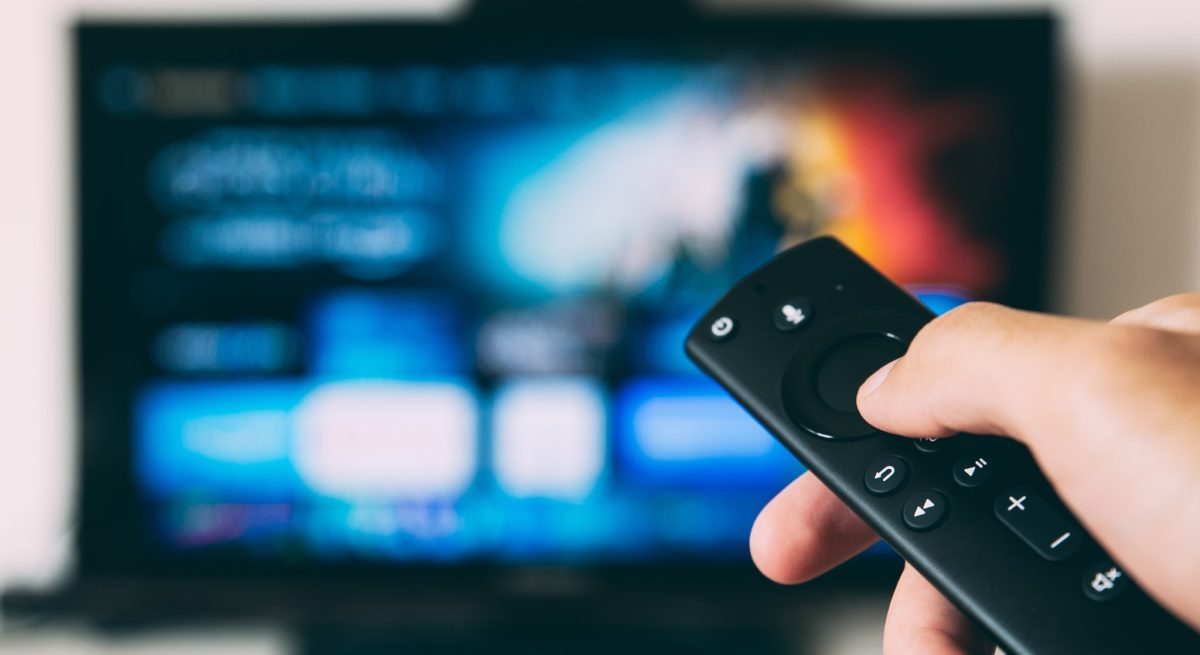TV or Not TV, the License Is the Question
2 Min Read By Dan Spears
In an age where experiences count more than material things, the right atmosphere paired with great food and drink is key to a restaurant’s success. So much so, that business owners curate every part of the dining experience, right down to the music. In smaller, more intimate restaurants, live music helps set the mood, whereas in sports bars, TVs broadcast the big game for fans. But while most business owners are aware that they need permission from copyright owners to publicly play live or recorded music in their establishment, they’re not always aware that they also need permission to use TVs. This is because most programs contain a lot of music – in theme songs, commercials, and before, during and after a sports or news broadcast.
Understanding the Basics
A common misconception regarding using TVs publicly is business owners assuming the music license that’s needed is included in their agreement with their service provider. However, that’s not the case. Cable agreements do not include licensing for music. When a business uses TVs publicly, the music on them must be licensed by the business itself.
While most business owners are aware that they need permission from copyright owners to publicly play live or recorded music in their establishment, they’re not always aware that they also need permission to use TVs.
In fact, in 1999, U.S. Copyright Law was amended to clarify the usage of TVs in businesses to clearly state what needs to be licensed and what qualifies as an exception. That legislation states that any food service or drinking establishment that is 3750 square feet or larger, or any other establishment, other than a food service or drinking establishment, that is 2000 square feet or larger, must secure public performance rights for TVs if any of the following conditions apply:
If the business is using:
- more than four TVs;
- more than one TV in any one room;
- if any of the TVs used has a diagonal screen size greater than 55 inches;
- if any audio portion of the audiovisual performance is communicated by means of more than six loudspeakers, or four loudspeakers in any one room or adjoining outdoor space; or
- if there is any cover charge.
Why Your License Matters
Behind every note of music is a songwriter or composer who may have spent years working on their craft to get it to the point where people really want to listen to it. This makes the licensing fees they eventually receive from businesses essential to their ability to continue to create music. While the average person may not know these composers’ names, they will recognize their work. Who doesn’t get a rush of nostalgia when hearing the Full House theme song composed by Bennett Salvay, or fill with patriotism when Randy Edelman’s NBC “Olympic Theme” plays? Or sing along when the infectious "Momma's Got the Magic of Clorox 2" jingle by Dan Williams comes on?
All of these musical snippets add up to one great big experience that consumers today are looking for when they venture out. If a business’s TV use falls into any of the categories above, it’s important that songwriters and composers get paid so that the music will keep playing for all of us to enjoy.


